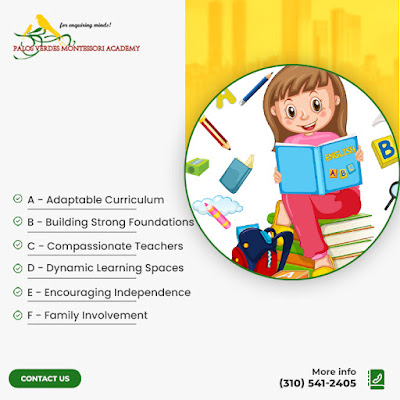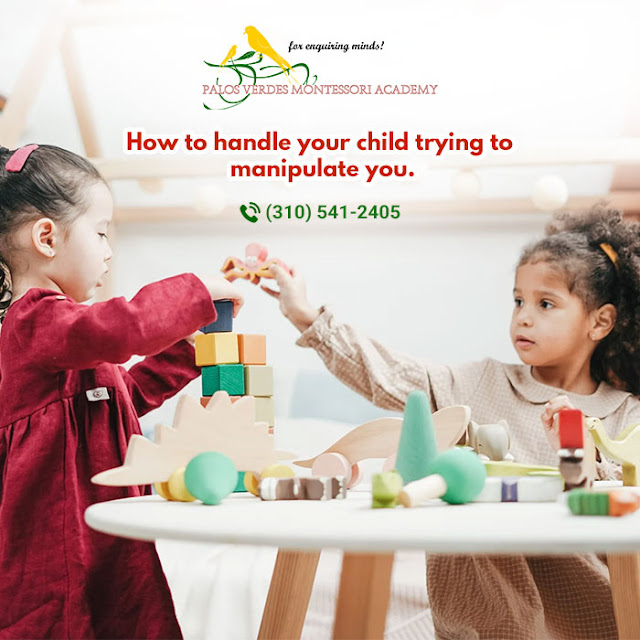Why sensory play is important for children
Children are born explorer as they
start exploring their senses and processing new information from the
time of their birth. Slowly gradually they start exploring new texture,
materials, and resources. They start exploring the world around them by
touching, tasting, smelling, seeing, and hearing. It has been observed
by Preschool Rolling Hills Estates, CA
teachers that children learn the best and retain the most when their
senses are engaged in the learning experiences. So, providing
opportunities for children to actively use their senses as they explore
their world through ‘sensory play’ is crucial for brain development.
What is ‘Sensory Play’?
Sensory play is the activity that helps children engage their senses (touch, smell, taste, movement, balance, sight, and hearing) in their learning experiences.
Benefits of sensory activities in children’s development:
Brain development:
Daycare Rolling Hills Estates CA teachers try to plan sensory activities for children to strengthen their brain development. Children who participate more in sensory activities have enhanced memory power and the ability to complete more complex tasks.
Develop knowledge:
The use of sensory materials provides opportunities for hands-on, self-directed, and self-centered play that encourages discovery and development. Children who have different learning and thinking styles find this approach more beneficial to gain knowledge.
Language development:
Playing with different types of textures, tastes, and objects helps children develop new ways to communicate with the world. It supports their language development and encourages them to express their thoughts and ideas more precisely and effectively.
Developed motor skills:
As most of you know that children develop two main types of motor skills – fine motor skills and gross motor skills. Gross motor skills deal with the coordination of large muscle groups and are responsible for activities like running, jumping, walking, etc. Fine motor skills are the ability to use and coordinate small muscle groups and are important for writing, shoelace tying, buttoning, zipping, etc. Sensory play often involves using and building fine motor skills by exploring things using pinching, pouring, lacing, etc.
Problem-solving:
Preschool Rolling Hills Estates, CA teachers encourage children to participate in sensory activities to develop their problem solving and decision-making skills. Initially, they try to find solutions for the obstacles they come across during sensory play. Their developed problem-solving skills help them to become successful in their personal and professional life.
Cognitive development:
Sensory activities support children's cognitive development: enhanced thought process, understanding, and reasoning. As preschoolers manipulate different objects, they learn new concepts – such as sink and float, properties of different materials, etc.
Social interaction:
A positive sensory play environment helps children to interact and work in a group to achieve a common goal. In a group setting, they learn to share resources, ideas, take responsibilities, plan effectively, and manage their time to finish a task within a given time.
Self-awareness and adaptability:
Children who participate more in sensory activities become more self-aware. This helps them to develop a better sense of the space around them. Sensory play also encourages children to adapt to new situations as they learn to differentiate between different situations through discovery.
Content Reference: Palos Verdes Blog




Great Post, this is giving more valuable information and contains a lot of information. This post is very useful for me as well as for others so please share more posts like this. Thanks for sharing.
ReplyDeleteMontessori Preschool in California
Kindergarten Montessori
Summer Camp Woodland Hills
Montessori Elementary Schools
Top Montessori Schools
Beginning Montessori 1st to 5th grade